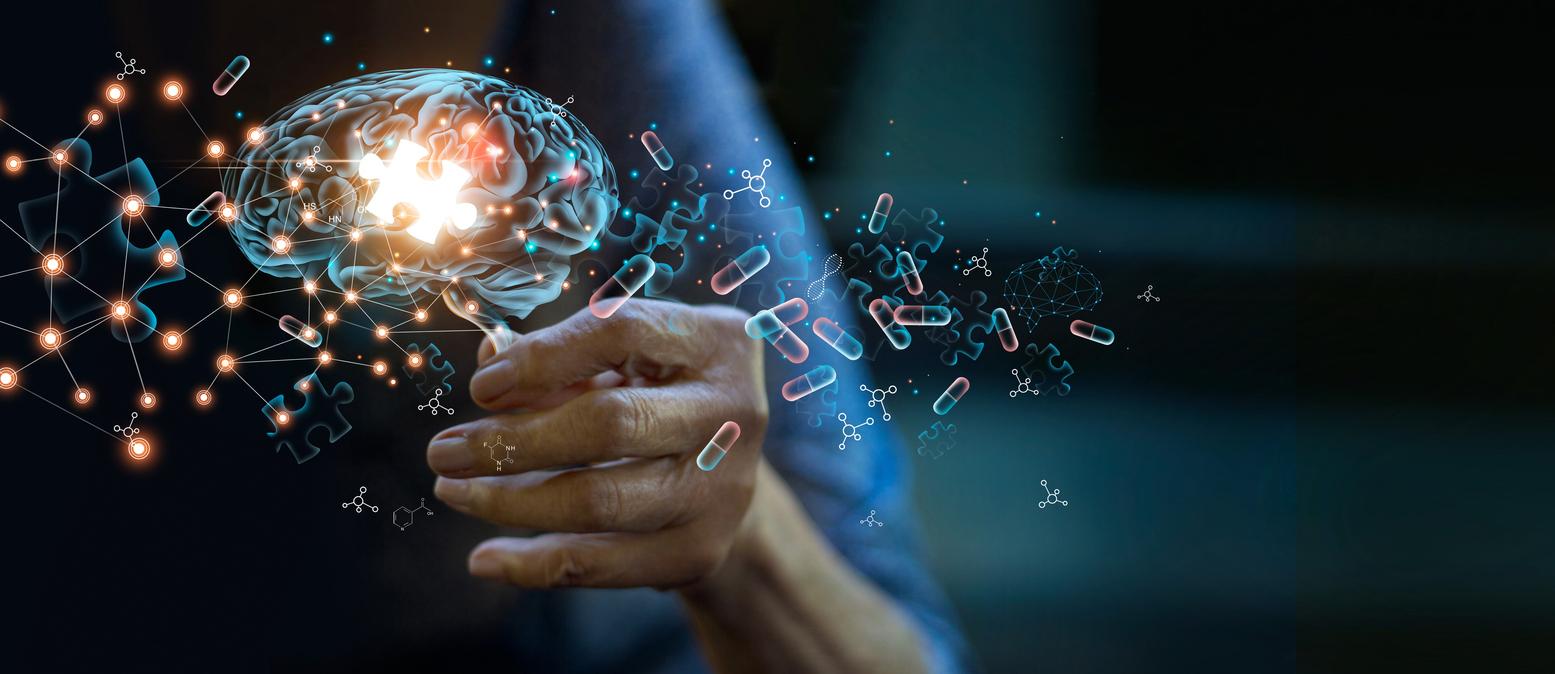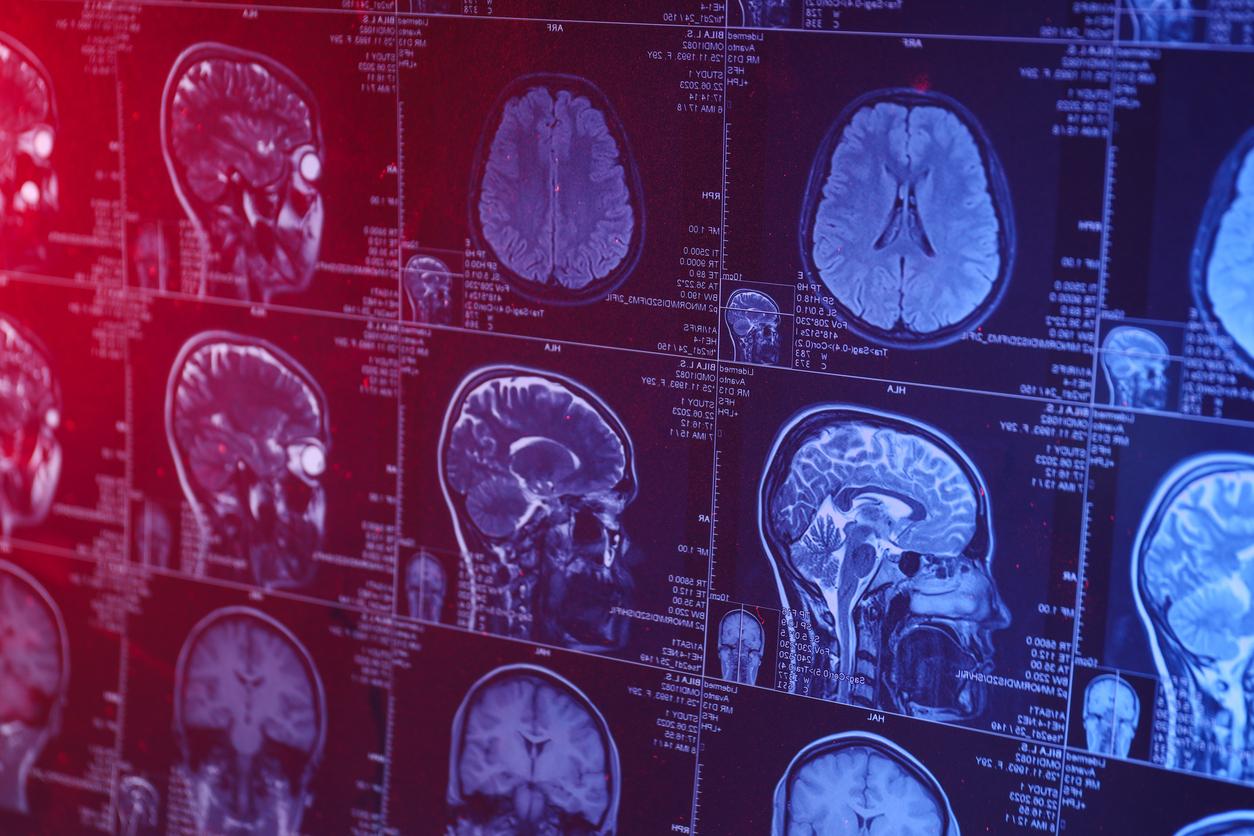
June 7, 2017.
Lysergic acid diethylamide (LSD) may be used as a basis for treatment for anxiety and depression, according to a study conducted jointly by the Beckley Foundation and Imperial College London.
LSD for depressive or anxious states
Using a hard drug to treat patients suffering from depression is the lead that British researchers are currently studying. The latter are in fact studying theimpact of LSD, a psychotropic hallucinogen, synthesized from a parasitic fungus, in the brain. This is not the first time that researchers have taken an interest in this question.
According to our colleagues from Figaro Health, between the 1950s and the 1970s, many studies were carried out, particularly in the United States, on this question. These studies showed that LSD, given in very low doses, may have beneficial effects against depression and anxiety, but also obsessive-compulsive disorder or alcoholism.
LSD will only be given in very low doses
Hypotheses that British researchers will seek to confirm using magnetic resonance imaging (MRI). For this, they asked about twenty participants to agree to be administered a dose of LSD. Some will receive 10 micrograms, others 20, still others 50 and the last group a placebo. Rest assured, to obtain the hallucinogenic effects, it is necessary to consume doses greater than 75 micrograms.
Depending on the results of their work, researchers will see if it is interesting to develop a treatment based on LSD or if the effects remain too dangerous for the health of the patients. We know that this drug can cause a change in blood pressure, an increase in heart rate, numbness, tingling, nausea, dilation of the pupils or even dizziness. This psychotropic drug can therefore only be used with extreme caution.
Read also: Alcohol and drugs increasingly common at work
Marine Rondot

















